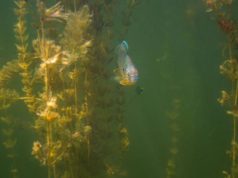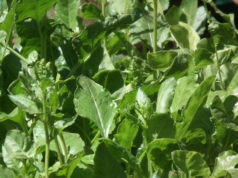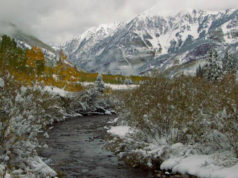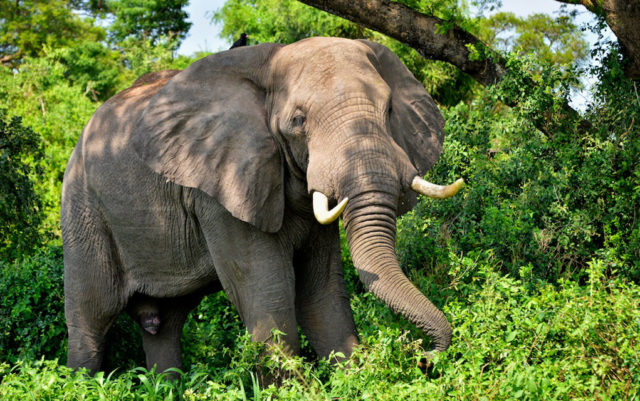
Most ivory sales now illegal in United States
On June 2 President Obama signed a measure introduced by the Fish and Wildlife Service (FWS) that almost completely bans the sale of ivory in the U.S. The new restrictions are in response to growing global concerns about the harm the ivory trade has on Africa’s elephants.
Previously, some individual states sought bans on ivory sales and there were federal rules against interstate sales. But now, only 100-plus-year-old antiques and musical items with small amounts of the material can be sold legally.
FWS Director Daniel Ashe released a statement saying the measure’s passing closed “a major avenue to wildlife trackers. We still have much to do to save this species, but today is a good day for the African elephant.”
Each year, more than 35,000 elephants are killed by poachers for their tusks, according to Born Free Foundation. Their population numbers in Sub-Saharan Africa have decreased 300 percent since the 1970s.
In May the U.N. released a World Wildlife Crime Report that found ivory trafficking is a larger problem than cocaine trafficking worldwide. Hundreds of tons are smuggled internationally each year.
Ivory increases in value along the supply chain, selling for up to $4,600 per pound once it reaches its target market. In China, the world’s largest ivory industry, it’s used for chopsticks, sculptures and more. The U.S. is currently the second most active country in the trade.
Aerial seed bombing aids reforestation
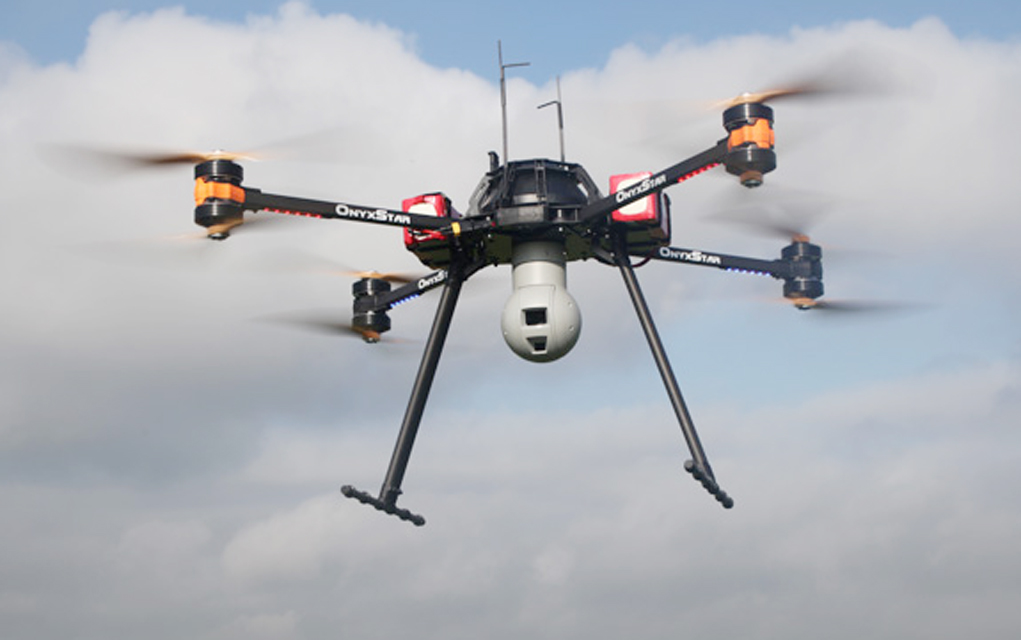
Around the globe each year, more than 6 billion trees are cleared for urbanization, farming or natural resource exploitation, according to the United Nation’s Food and Agriculture Organization. But new germinated “seed bombing” technologies aim to replant 1 billion of these trees by aerially planting through the use of drones.
Although groups around the world are dedicated to reforestation, it’s backbreaking, slow work done mostly by hand. Seed bombing promises a more efficient way to combat devastating deforestation.
The U.K.-based BioCarbon Engineering, founded by former NASA engineer Lauren Fletcher, uses drones to map and analyze topography, biodiversity and nutrient content of soil before releasing fertilized seed pods into predetermined locations from 10 feet in the air. Then the drones continue to monitor the ecosystem as the trees grow.
The firm claims this process will cut replanting costs by about 85 percent, and can yield about 35,000 seeds per day. DroneSeed, an American company based in the Pacific Northwest, is working on similar devices.
At this year’s U.N. Climate Summit, a network of nations created a goal to restore 300 billion trees globally by 2030. Deforestation is one of the bigger climate change issues to tackle and the World Wildlife Foundation Institute estimates more than 80 percent of Earth’s natural forests have been destroyed, at a rate of 48 football fields every minute.


